Leading Together
A Personal Journey
I recently came across an inspiring post on LinkedIn Pulse: ‚Bosses vs. Leaders: Companies need neither’ by Niels Pflaeging. Niels has a closer look at the "be a leader - propaganda“ and notes that being a leader is not about leadership at all: It is still about dependency, steering, and command-and-control. His partly provocative observations made me think about how I myself interpret and live leadership.
One of the current challenges, in my view, is the confusion between hierarchically management roles and organically developing leadership. Managers often grow into their responsibilities because they are passionate and they show commitment to the company. The management role is often the only option for career progression and very often the organization misses the chance to prepare the newbies, to train and coach them accordingly. For example, the skills that made someone a great designer are almost wholly unrelated to the skills that make them a great manager. And a hierarchically people management position does not necessarily have anything to do with leadership because leadership is something each employee contributes to.
I myself was given a lot of responsibility early in my career. Like so many others, I figured it out as I went along, stumbling towards a set of principles that work pretty well for me. Only today I understand that experience, personality and passion are not enough. It is above all a mindset change.
Leading Together
A Personal Journey
I recently came across an inspiring post on LinkedIn Pulse: ‚Bosses vs. Leaders: Companies need neither’ by Niels Pflaeging. Niels has a closer look at the "be a leader - propaganda“ and notes that being a leader is not about leadership at all: It is still about dependency, steering, and command-and-control. His partly provocative observations made me think about how I myself interpret and live leadership.
One of the current challenges, in my view, is the confusion between hierarchically management roles and organically developing leadership. Managers often grow into their responsibilities because they are passionate and they show commitment to the company. The management role is often the only option for career progression and very often the organization misses the chance to prepare the newbies, to train and coach them accordingly. For example, the skills that made someone a great designer are almost wholly unrelated to the skills that make them a great manager. And a hierarchically people management position does not necessarily have anything to do with leadership because leadership is something each employee contributes to.
I myself was given a lot of responsibility early in my career. Like so many others, I figured it out as I went along, stumbling towards a set of principles that work pretty well for me. Only today I understand that experience, personality and passion are not enough. It is above all a mindset change.
Leading Together
A Personal Journey
I recently came across an inspiring post on LinkedIn Pulse: ‚Bosses vs. Leaders: Companies need neither’ by Niels Pflaeging. Niels has a closer look at the "be a leader - propaganda“ and notes that being a leader is not about leadership at all: It is still about dependency, steering, and command-and-control. His partly provocative observations made me think about how I myself interpret and live leadership.
One of the current challenges, in my view, is the confusion between hierarchically management roles and organically developing leadership. Managers often grow into their responsibilities because they are passionate and they show commitment to the company. The management role is often the only option for career progression and very often the organization misses the chance to prepare the newbies, to train and coach them accordingly. For example, the skills that made someone a great designer are almost wholly unrelated to the skills that make them a great manager. And a hierarchically people management position does not necessarily have anything to do with leadership because leadership is something each employee contributes to.
I myself was given a lot of responsibility early in my career. Like so many others, I figured it out as I went along, stumbling towards a set of principles that work pretty well for me. Only today I understand that experience, personality and passion are not enough. It is above all a mindset change.
Leading Together
A Personal Journey
I recently came across an inspiring post on LinkedIn Pulse: ‚Bosses vs. Leaders: Companies need neither’ by Niels Pflaeging. Niels has a closer look at the "be a leader - propaganda“ and notes that being a leader is not about leadership at all: It is still about dependency, steering, and command-and-control. His partly provocative observations made me think about how I myself interpret and live leadership.
One of the current challenges, in my view, is the confusion between hierarchically management roles and organically developing leadership. Managers often grow into their responsibilities because they are passionate and they show commitment to the company. The management role is often the only option for career progression and very often the organization misses the chance to prepare the newbies, to train and coach them accordingly. For example, the skills that made someone a great designer are almost wholly unrelated to the skills that make them a great manager. And a hierarchically people management position does not necessarily have anything to do with leadership because leadership is something each employee contributes to.
I myself was given a lot of responsibility early in my career. Like so many others, I figured it out as I went along, stumbling towards a set of principles that work pretty well for me. Only today I understand that experience, personality and passion are not enough. It is above all a mindset change.
"Leadership happens in the space between people when market-driven self-organization is unleashed."
Niels Pflaeging — Founder at BetaCodex Network
Despite agile working methods and a reduction of unnecessary hierarchies, I see a great need for emergent leadership. I myself am on a journey through different forms of organization, expertise and personal development stages and thus also different forms of leadership - from managing the end-to-end work of a team of 15 designers to steering a team of 35 designers focused on strategy, vision, prototyping and platform design to leading a team of 9 talent consultants. Every assignment brought new unexpected challenges and required specific decisions that cannot be squeezed into ready made leadership to do lists.
My learning: whether a large or a small team - it makes no difference. I would even say that in a small team - leadership is sometimes even more challenging - because you can be measured very directly by your actions or non-actions, your attitude, strengths and weaknesses. In a more complex organizational setup it's easier to blame the system for failures or let yourself be absorbed and influenced by the political sidelines in the organization.
Here are some thoughts compiled from the study of Niels Pflaeging's writings. Truths that match with my own experiences.
Despite agile working methods and a reduction of unnecessary hierarchies, I see a great need for emergent leadership. I myself am on a journey through different forms of organization, expertise and personal development stages and thus also different forms of leadership - from managing the end-to-end work of a team of 15 designers to steering a team of 35 designers focused on strategy, vision, prototyping and platform design to leading a team of 9 talent consultants. Every assignment brought new unexpected challenges and required specific decisions that cannot be squeezed into ready made leadership to do lists.
My learning: whether a large or a small team - it makes no difference. I would even say that in a small team - leadership is sometimes even more challenging - because you can be measured very directly by your actions or non-actions, your attitude, strengths and weaknesses. In a more complex organizational setup it's easier to blame the system for failures or let yourself be absorbed and influenced by the political sidelines in the organization.
Here are some thoughts compiled from the study of Niels Pflaeging's writings. Truths that match with my own experiences.
Despite agile working methods and a reduction of unnecessary hierarchies, I see a great need for emergent leadership. I myself am on a journey through different forms of organization, expertise and personal development stages and thus also different forms of leadership - from managing the end-to-end work of a team of 15 designers to steering a team of 35 designers focused on strategy, vision, prototyping and platform design to leading a team of 9 talent consultants. Every assignment brought new unexpected challenges and required specific decisions that cannot be squeezed into ready made Leadership To Dos lists.
My learning: whether a large or a small team - it makes no difference. I would even say that in a small team - leadership is sometimes even more challenging - because you can be measured very directly by your actions or non-actions, your attitude, strengths and weaknesses. In a more complex organizational setup it's easier to blame the system for failures or let yourself be absorbed and influenced by the political sidelines in the organization.
Here are some thoughts compiled from the study of Niels Pflaeging's writings. Truths that match with my own experiences.
Despite agile working methods and a reduction of unnecessary hierarchies, I see a great need for emergent leadership. I myself am on a journey through different forms of organization, expertise and personal development stages and thus also different forms of leadership - from managing the end-to-end work of a team of 15 designers to steering a team of 35 designers focused on strategy, vision, prototyping and platform design to leading a team of 9 talent consultants. Every assignment brought new unexpected challenges and required specific decisions that cannot be squeezed into ready made leadership to do lists.
My learning: whether a large or a small team - it makes no difference. I would even say that in a small team - leadership is sometimes even more challenging - because you can be measured very directly by your actions or non-actions, your attitude, strengths and weaknesses. In a more complex organizational setup it's easier to blame the system for failures or let yourself be absorbed and influenced by the political sidelines in the organization.
Here are some thoughts compiled from the study of Niels Pflaeging's writings. Truths that match with my own experiences.
Leading Together
- Leadership will emerge out of the relations you build in a trustworthy environment where there is a sense of common purpose.
- Leadership cannot be predefined based on a job description. It is a mindset change and not so much a fixed organisational structure.
- Leadership happens in the space between people - when people start following another, for their ideas, vision, the actions they take.
- Leadership is any act that improves the life, situation or performance of another individual.
- Everyone can, and should be a leader. We all lead from our strengths, some more tactical, others more strategic, but none of us is above the other.
- Leadership is something each employee contributes to, by actions that are beneficial to the team and the company, and it's all about interactions between people.
Leading Together
- Leadership will emerge out of the relations you build in a trustworthy environment where there is a sense of common purpose.
- Leadership cannot be predefined based on a job description. It is a mindset change and not so much a fixed organisational structure.
- Leadership happens in the space between people - when people start following another, for their ideas, vision, the actions they take.
- Leadership is any act that improves the life, situation or performance of another individual.
- Everyone can, and should be a leader. We all lead from our strengths, some more tactical, others more strategic, but none of us is above the other.
- Leadership is something each employee contributes to, by actions that are beneficial to the team and the company, and it's all about interactions between people.
Leading Together
- Leadership will emerge out of the relations you build in a trustworthy environment where there is a sense of common purpose.
- Leadership cannot be predefined based on a job description. It is a mindset change and not so much a fixed organisational structure.
- Leadership happens in the space between people - when people start following another, for their ideas, vision, the actions they take.
- Leadership is any act that improves the life, situation or performance of another individual.
- Everyone can, and should be a leader. We all lead from our strengths, some more tactical, others more strategic, but none of us is above the other.
- Leadership is something each employee contributes to, by actions that are beneficial to the team and the company, and it's all about interactions between people.
The practice of leadership is currently changing radically and it is important to find out what this means to you personally. What is your understanding of leadership? I am looking forward to hearing your thoughts.
The role of the leader is currently changing radically and it is important to find out what leadership means for you personally. I'd like to pass the question on. What are your leadership principles? Describe the leader you would like to be. I am looking forward to hearing your thoughts.
The practice of leadership is currently changing radically and it is important to find out what this means to you personally. What is your understanding of leadership? I am looking forward to hearing your thoughts.
What I Share

Design in Transitionmuse case labs Interview

AI in Recruitment: Our Choice Our FightReflections on a presentation by Hung Lee

Full-Time, Part-Time, Free-TimeInterview for PAGE Magazine

Kooku X — Vision to RealityBuilding a Minimal Viable Recruiting Brand
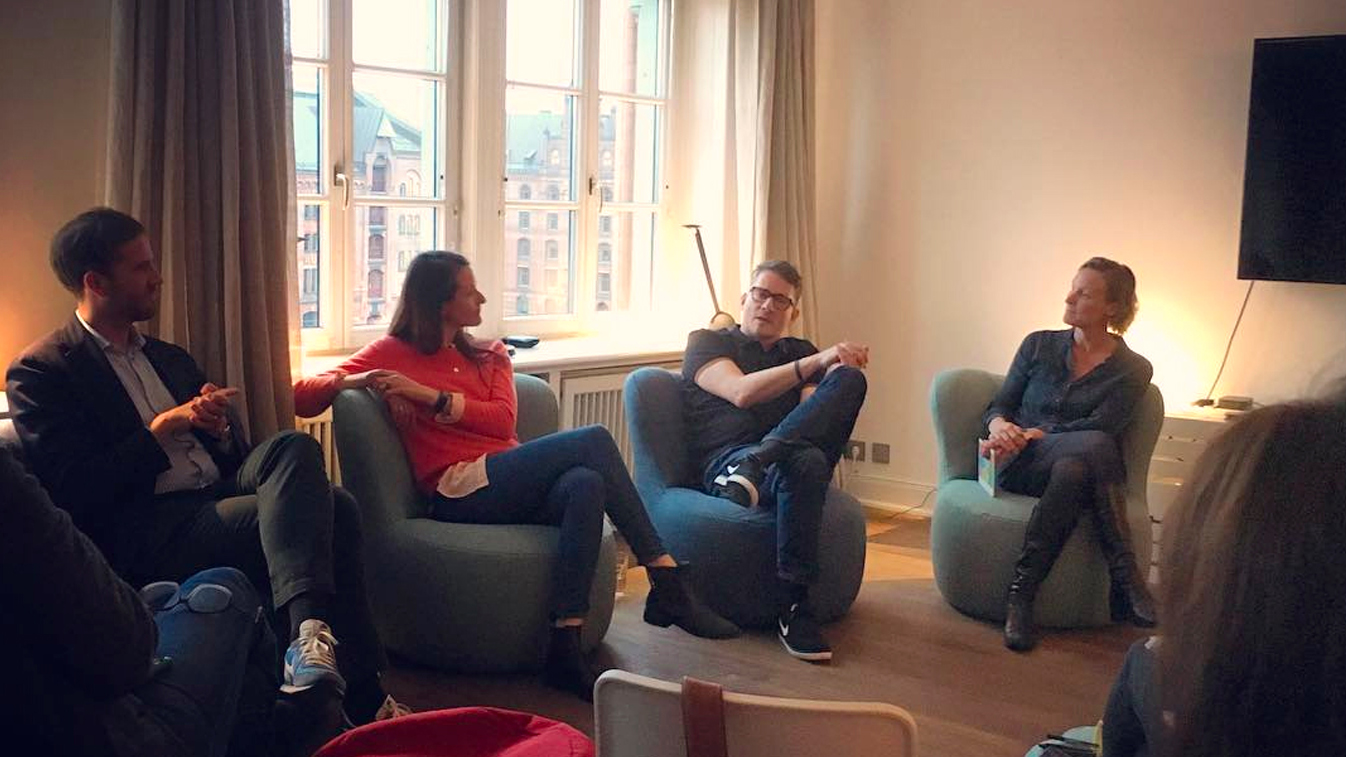
Mindset is EverythingSOULWORX ENERGIZER
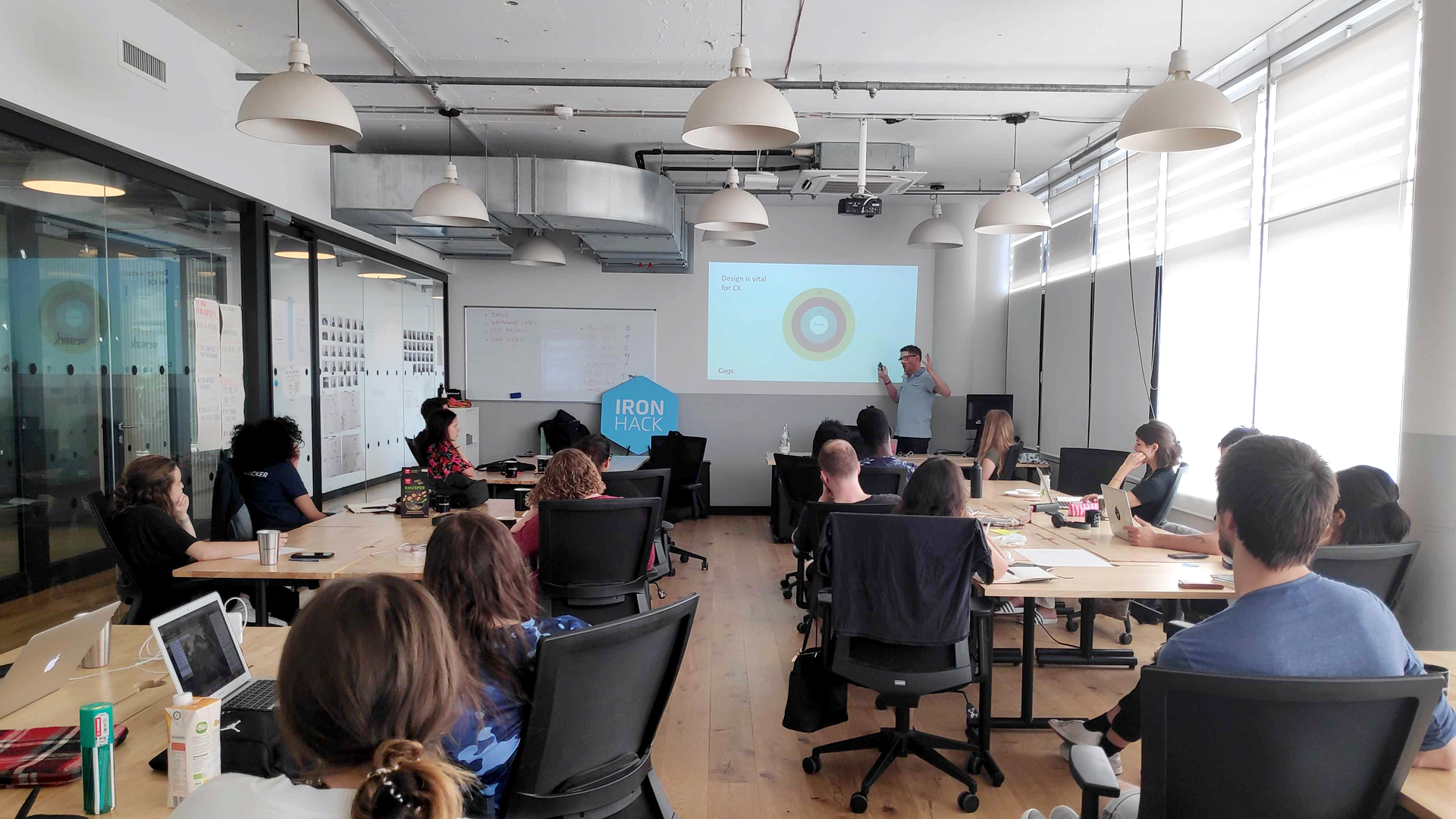
Unicorns, Hybrids, and Other Fantastic BeastsIronhack Workshops
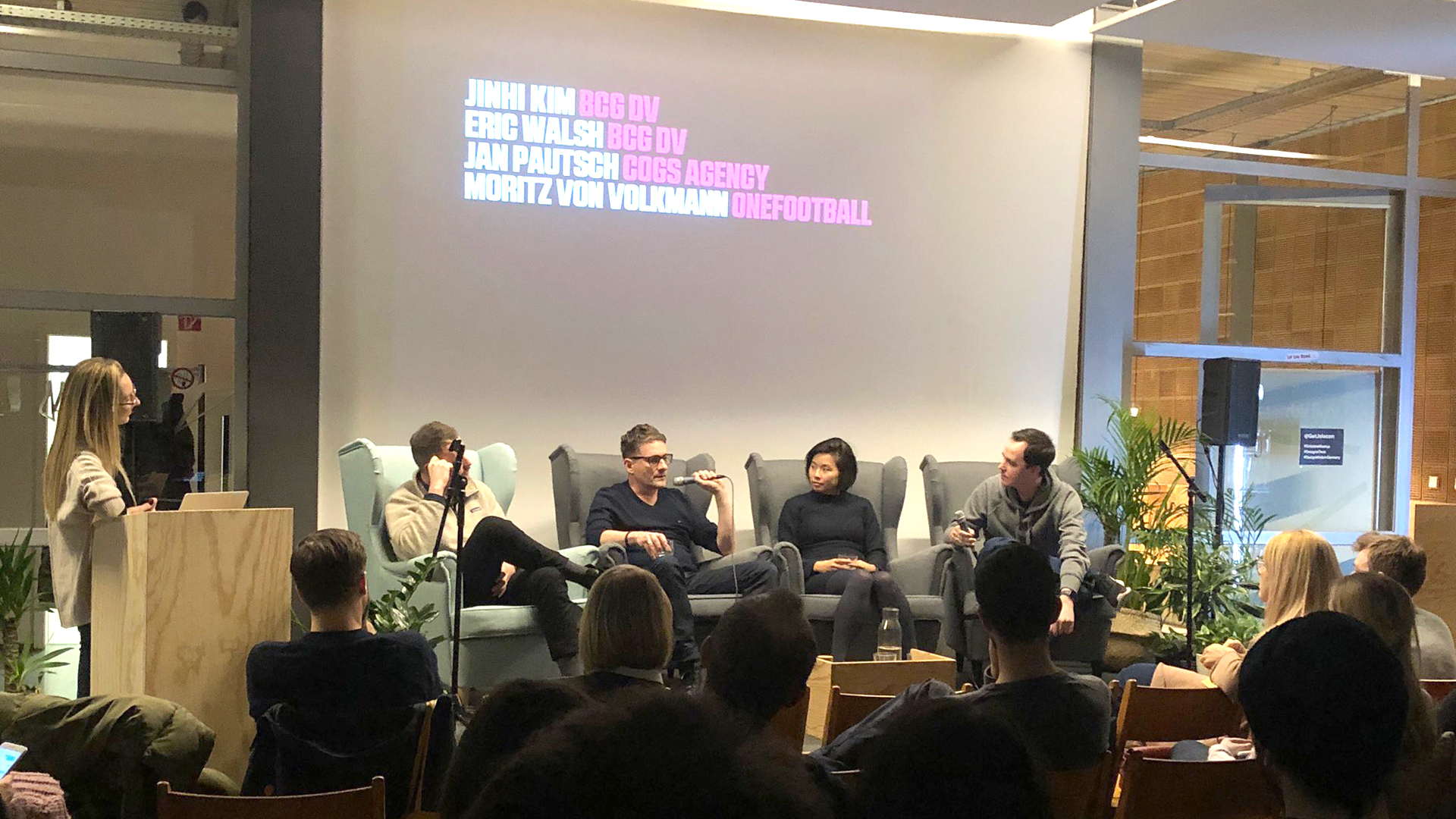
Embrace VarietyBerlin Dribbble meetup
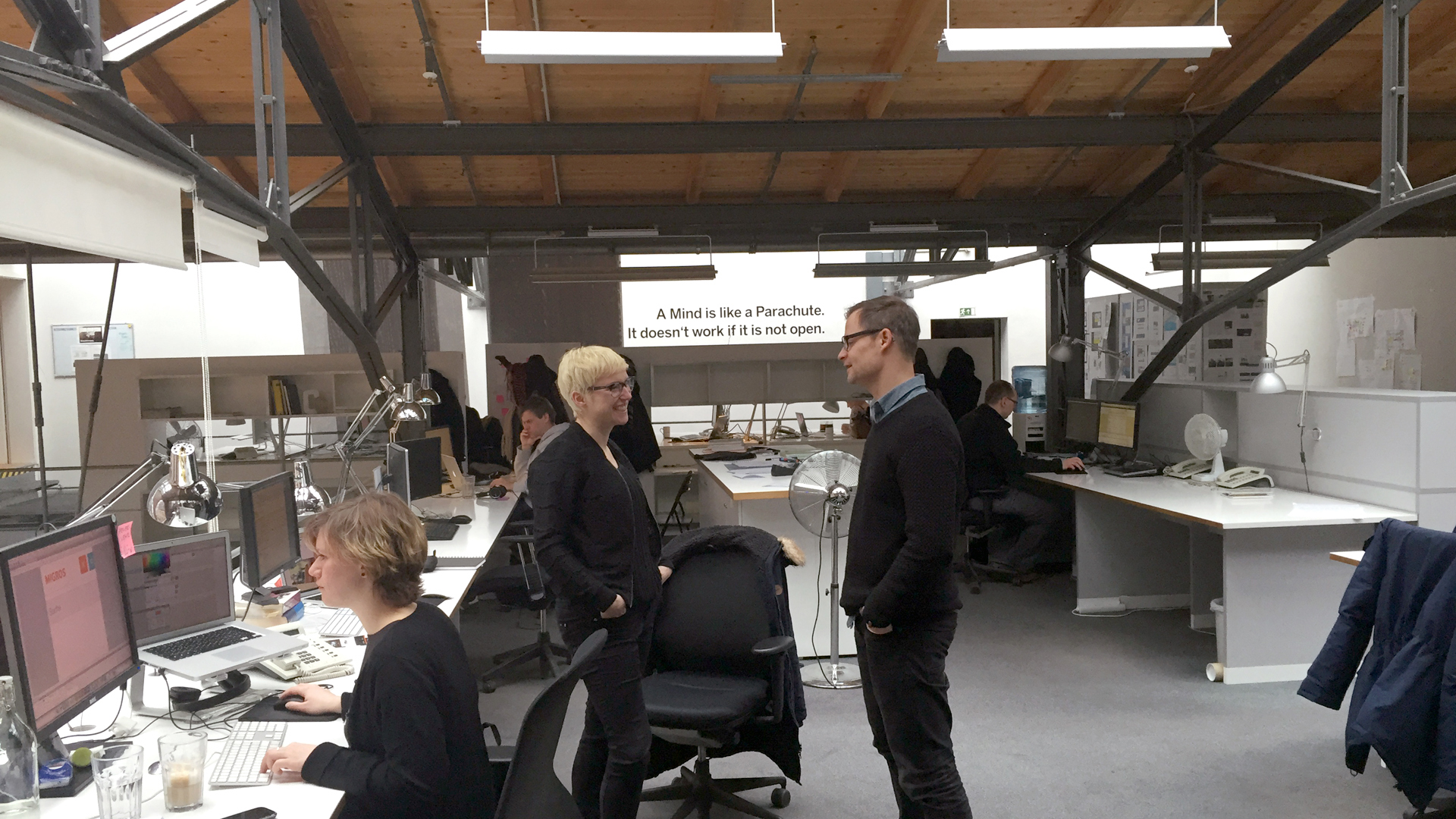
Is Flatter Better?Blog Post

Tech-Speed-DatingVolunteering at ReDI School

Cogs CrunchKnowledge Sharing Format
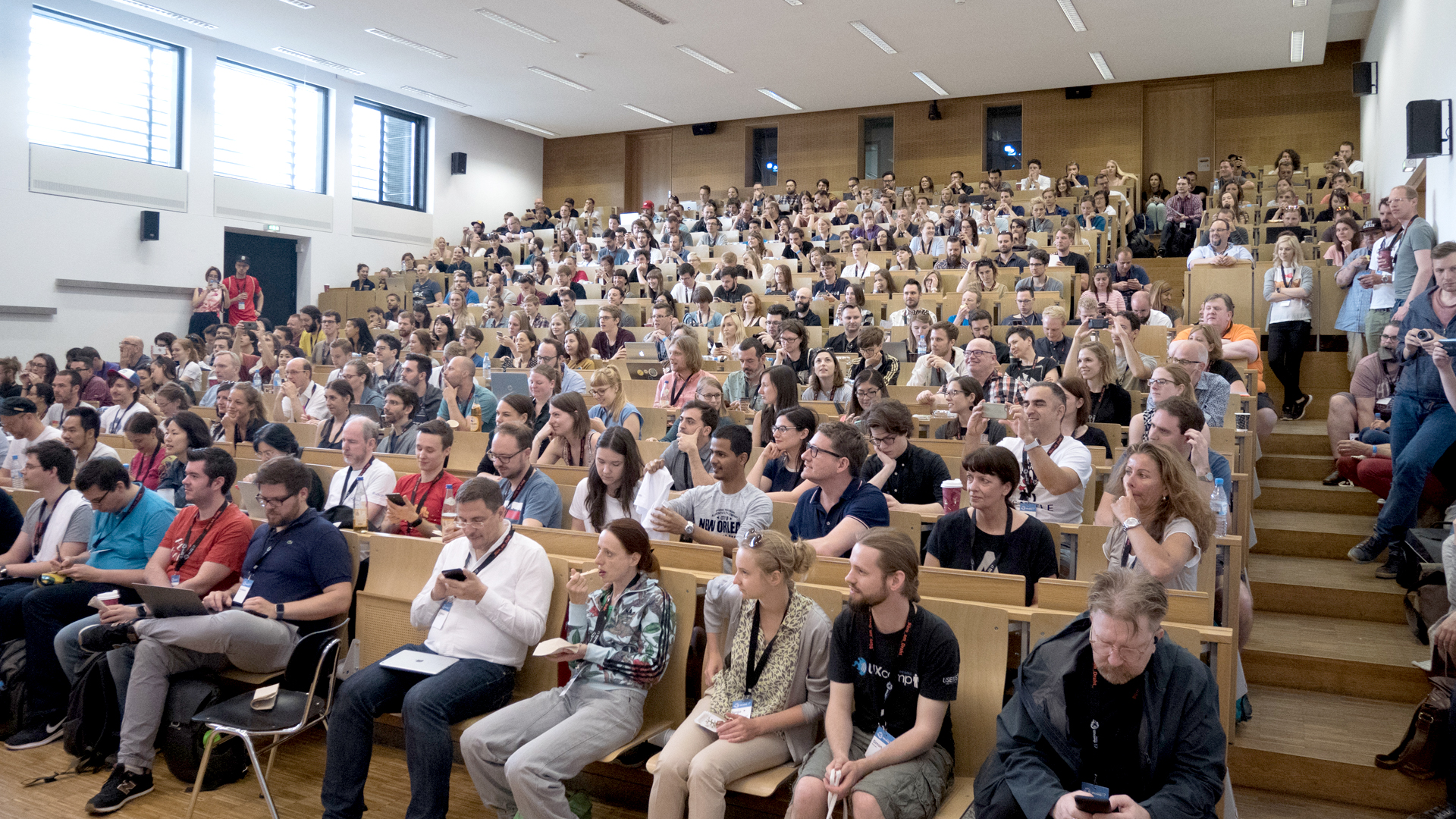
Headhunter SecretsUXcamp Europe, BarCamp

DECODERInnovation Platform
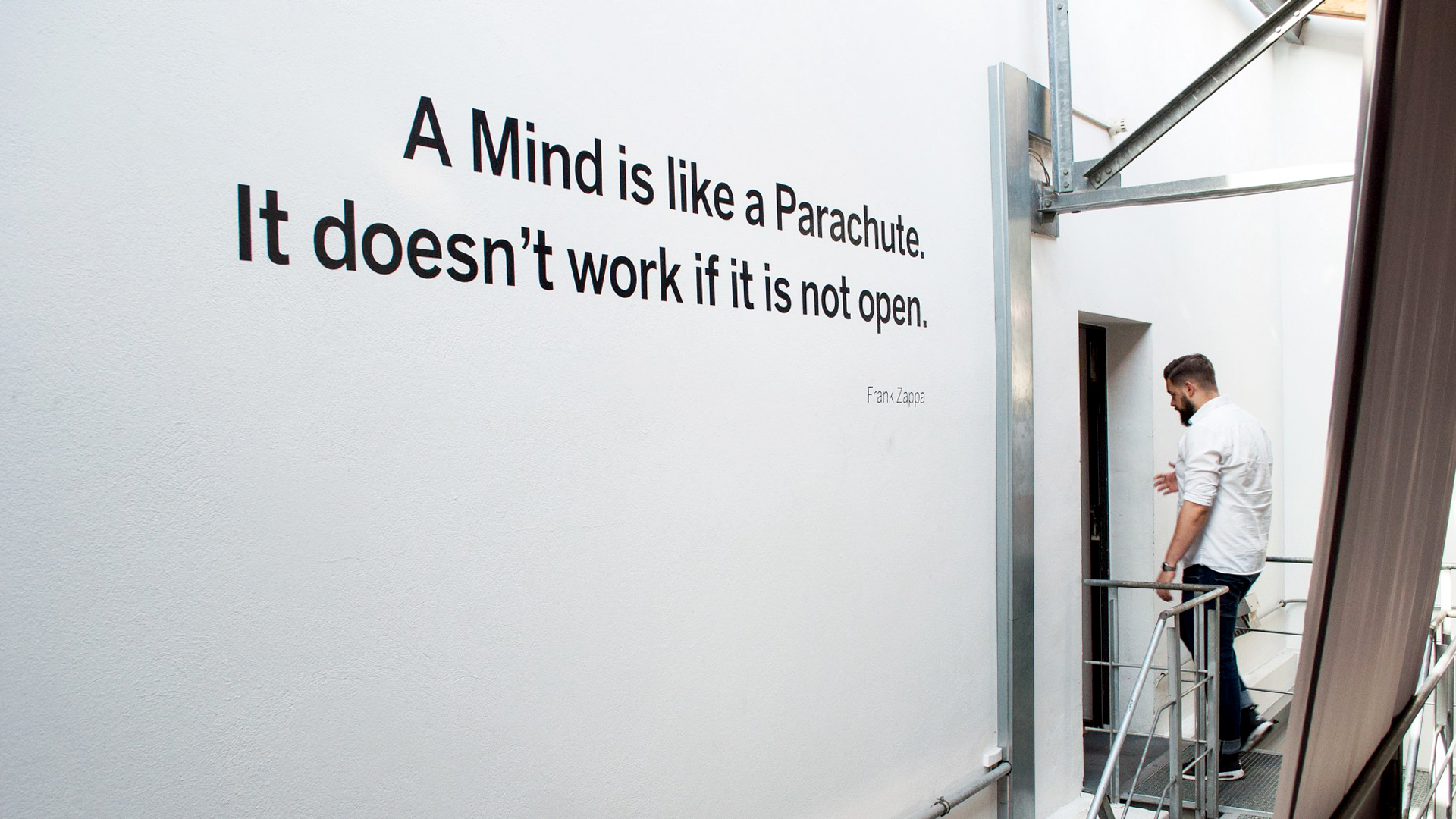
Humanizing OrganizationsBlog Post

Service and Selected CasesPDF Download (PW required)
© 2025 Jan Pautsch
© 2025 Jan Pautsch